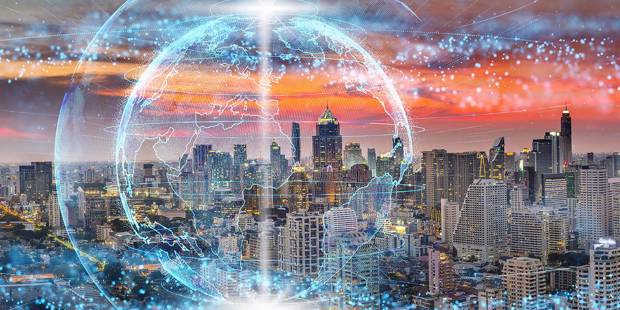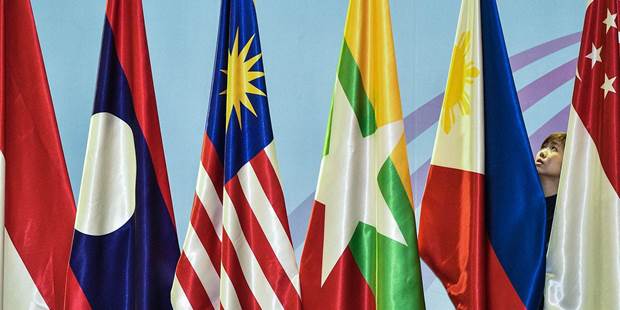Børge Brende
Børge Brende, President of the World Economic Forum, is an author of the new report Shaping a Multiconceptual World.
-
Building Cooperation in an Unsettled World

Building Cooperation in an Unsettled World
Jan 22, 2020 Børge Brende suspects that fears of potentially damaging national competition on key global issues may be overblown.
-
Can ASEAN Turn Geostrategic and Technological Disruption into Opportunity?

Can ASEAN Turn Geostrategic and Technological Disruption into Opportunity?
Sep 4, 2018 Børge Brende & Justin Wood advocate deeper regional integration to protect the bloc's interests in an increasingly uncertain environment.








